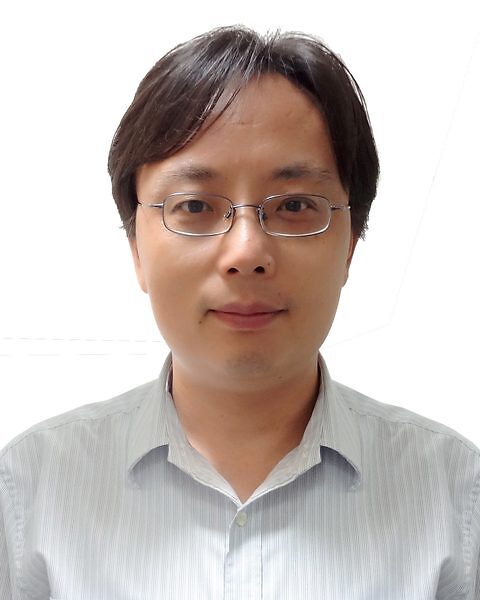[Seminar] Photovoltaic Devices with Advanced Nanotechnology- Hong Kong Polytechnic University -Prof. Feng Yan (Qi unit)

Date
Location
Description
Title: Photovoltaic Devices with Advanced Nanotechnology
Speaker: Professor Feng Yan
http://www.polyu.edu.hk/web/en/home/index.html
Abstract:
High-performance organic solar cells have been developed by our group based on various nanotechnology in recent years. First, the efficiency of organic solar cells have been improved by introducing plasmonic nanoparticles,[1] high mobility conjugated polymers[2] or 2-D materials.[3] Pronounced effects have been observed in the devices due to the improvement of carrier mobility or light absorption in the active layers.
Second, graphene has shown promising applications in photovoltaic devices for its high carrier mobility and conductivity, high transparency, excellent mechanical flexibility and ultrathin thickness and has been used in our solar cells as transparent electrodes or interfacial layers.[4] Package-free flexible organic solar cells are fabricated with multilayer graphene as top transparent electrodes,[5] which show high power conversion efficiency, excellent flexibility and bending stability.
Semitransparent organic solar cells and perovskite solar cells were prepared by using graphene transparent electrodes.[6] For the perovskite solar cells, the devices show high power conversion efficiencies (~12%) when they are illuminated from both sides. Considering the poor stability of perovskite solar cells in ambient air especially with high humidity, we have recently developed a novel technique to improve the device stability by introducing SCN- to partialy replace I- in the perovskite material, which can dramatically improve the lifetime of package-free devices in air.[7] All of the techniques will be very useful for the practical applications of the novel photovoltaic devices.
Reference:
[1]. S. H. Liu et al. Energy Environ. Sci. 9, 898-905 (2016).
[2]. S. H. Liu, et al. Energy Environ. Sci. 8, 1463-1470 (2015).
[3]. S. H. Lin, et al. Adv. Funct. Mater. 26, 864-871 (2016)
[4]. Z. K. Liu, et al. Chem Soc. Rev. 44, 5638-5679 (2015).
[5]. Z. K. Liu, et al. Adv. Mater. 25, 4296-4301 (2013).
[6]. P. You, et al. Adv. Mater. 27, 3632-3638 (2015).
[7]. Q. D. Tai, et al. Nature Comm. 7:11105 (2016).
Bio:
Dr. Feng Yan has research interests on organic electronics, graphene, thin film transistors, biosensors, solar cells and smart materials. He received his PhD degree in physics from Nanjing University in China. Then he joined the Engineering Department of Cambridge University in Feb 2001 as a Research Associate and joined National Physical Laboratory in UK in April 2006 as a Higher Research Scientist. He became an Assistant Professor at the Department of Applied Physics of the Hong Kong Polytechnic University in September 2006 and was promoted to Associate Professor in July 2012. He has published more than 150 papers in peer-reviewed journals, including Adv. Mater., Nature Commun, Nano Lett. JACS etc. and given more than 30 invited talks in international conferences.
Host:
Prof. Yabing Qi, Energy Materials and Surface Sciences Unit (Qi unit)
We look forward to seeing many of you there.
Subscribe to the OIST Calendar: Right-click to download, then open in your calendar application.



